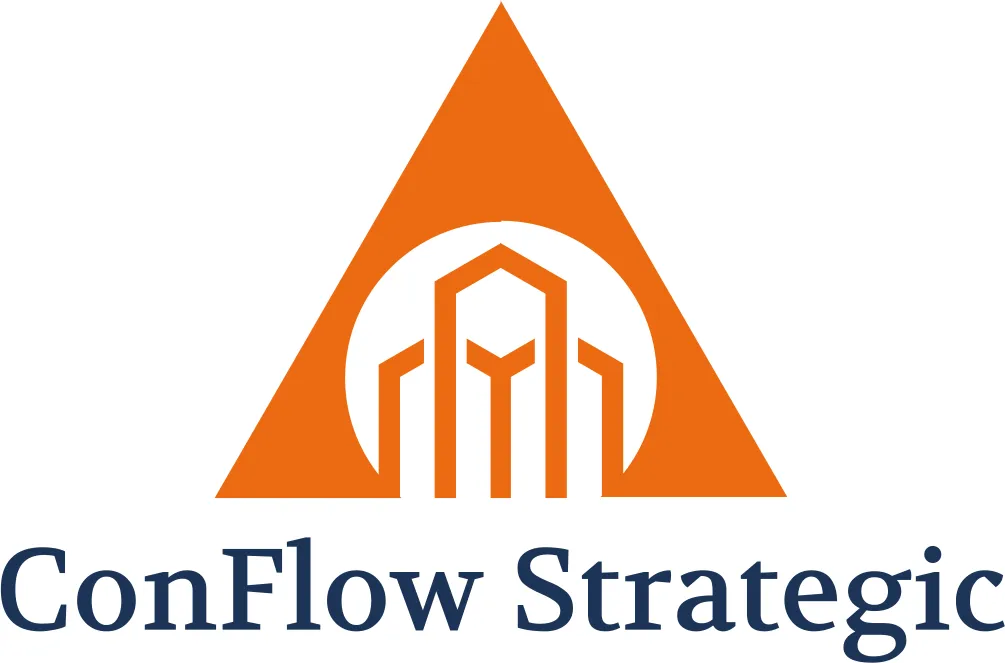Hey Entrepreneurs!
Learn How The Most Profitable Business Owners In The World Use 'Counterintuitive Thinking' To Earn More Money, While Working Less!
Watch My Detailed Video Showing You A Simple Strategy That
DOUBLES The Bottom-Line Profit
Of ANY Business... Using The Power Of Exponential Growth!
(Hint: Your competitors are NOT aware of this)
And You Can Implement It In A Single Afternoon!
How Does Profit Acceleration Actually Work?
Watch This Brief Video to Find Out!
Why Entrepreneurs Need Business Coaching?
Have you finally made the decision it’s time to get help from a true professional who does this every day… does it successfully… and has a proven track record for making millions of Dollars for businesses just like yours?
How Do I Get Started With Business Coaching?
We will assess your business using our revolutionary new Profit Acceleration Software™. We will then detail the specific strategies that can generate massive financial breakthroughs for your business.
At the end of our session I will send you your own customized roadmap for success along with a detailed report that will position your business as the dominant force in your industry.
Do I Have a Track Record of Helping Businesses?
Over the years, I’ve developed a keen understanding of the complex issues facing small business owners in the type of volatile economy we have today. And I know how to get your business or organization noticed among a sea of competitors
Why Are My Prices So Affordable?
Coaching is NEVER an expense. It’s one of the smartest investments any business owner will ever make when it comes to building a successful business.
I will even find my fees BEFORE we start!
Meet Coach Zach Poland

Zach Poland
6
EVENTS A YEAR
7
AWARDS
12
YEARS OF EXPERIENCE
90
CLIENTS HELPED
VISIT SOME OF MY
SPEAKING EVENTS!
Learn more about how to attend a FREE Live or Virtual Event. You will walk away from these events with real world tactics and a plan to dramatically increase your profits starting NOW!
I’VE INSPIRED HUNDREDS OF BUSINESSES!
One-On-One Coaching
Looking for professional help that’s affordable? I will help you increase your leads and sales, generate leads, create marketing that actually produces results, increase your revenue substantially, and position your business as the dominant force in your industry.
Group Coaching
My group coaching program will allow you to not only learn new business growth strategies from me, but also other small business owners with the same goals as you have for your own business. We will work on application of these strategies because knowledge is pointless without using it.
DIY Online Learning
Everything a Small Business Owner needs to know to improve profits. Includes access to all business spreadsheets, e-classes, internet marketing videos, sales letters, profitable headlines, proven marketing material strategies, articles, tips and much more
Profit Acceleration Simulator
Success is achieved through small, incremental changes in multiple areas of your business. We've defined 12 areas that generate immediate increases both revenue and profits, without spending a cent on marketing or advertising.
BUSINESS COACHING CLASSES

Small Business
Financial Training

Virtual Business Academy

Both Financial Training
& Virtual Business Academy

Jump Start 12
Quick Training

Small Business
Marketing Media

Group Live Training
With Virtual Academy
Trusted By
"I’ve worked with Zach for several years now, collaborating between our Squeegee Squad franchises. I still call him to this day for advice on improving and changing aspects of my business. His insights have always been valuable and actionable."

James Barfield
Title
President of Dash Energy

Lee Horning
Title
THERE'S ALWAYS ROOM FOR GROWTH AND SKY'S THE LIMIT.
Let me help you explore where your limit as an entrepreneur is!
***DISCLAIMER:
The information contained on this Website and the resources available for download through this website is not intended as, and shall not be understood or construed as, professional advice. While the employees and/or owners of the Company are professionals and the information provided on this Website relates to issues within the Company’s area of professionalism, the information contained on this Website is not a substitute for advice from a professional who is aware of the facts and circumstances of your individual situation. Nothing on this site, nor advice from our experts, shall constitute legal advice.
Copyright 2025© ConFlow Strategic | Zach Poland | Peculiar, MO, US
